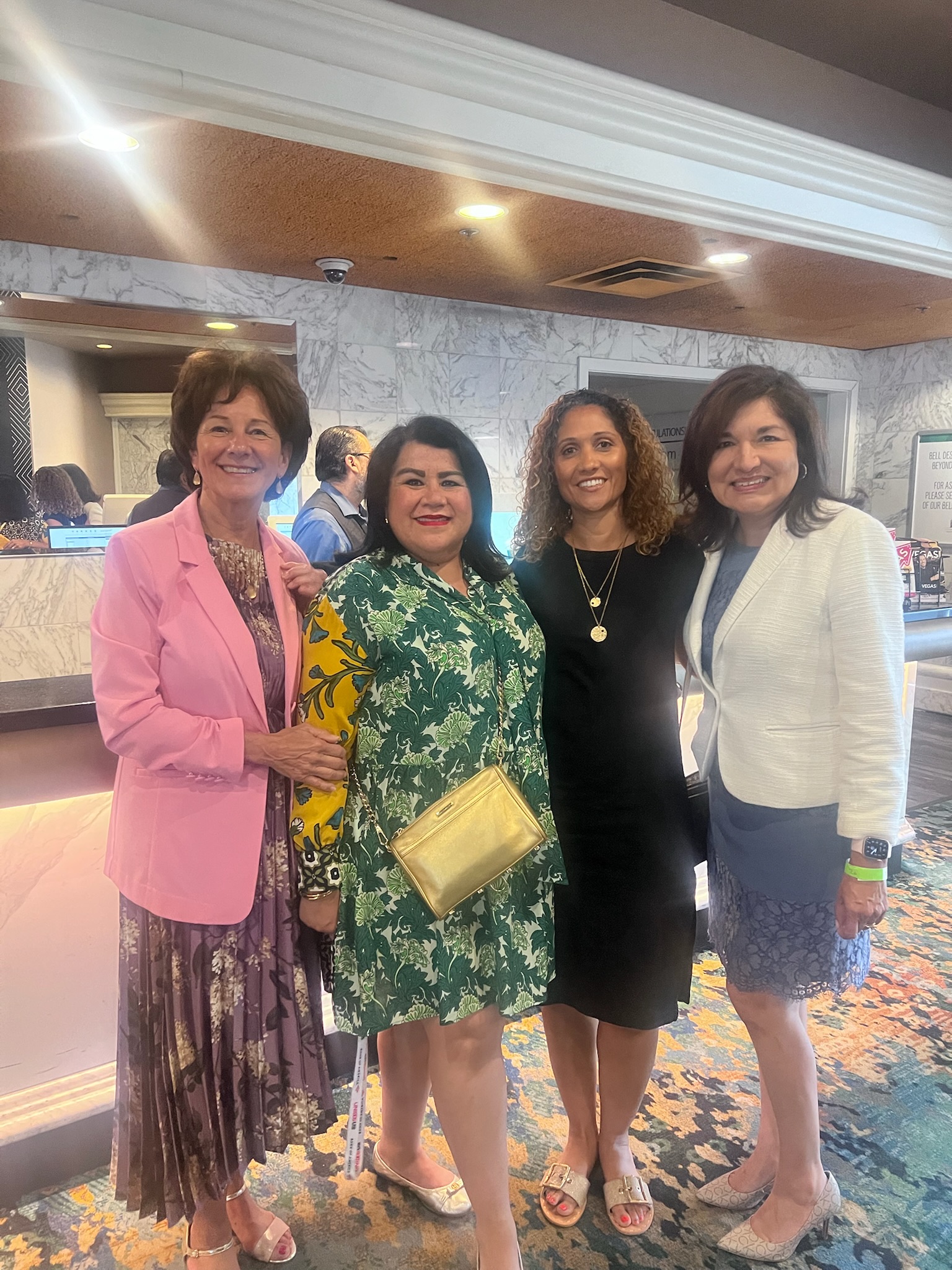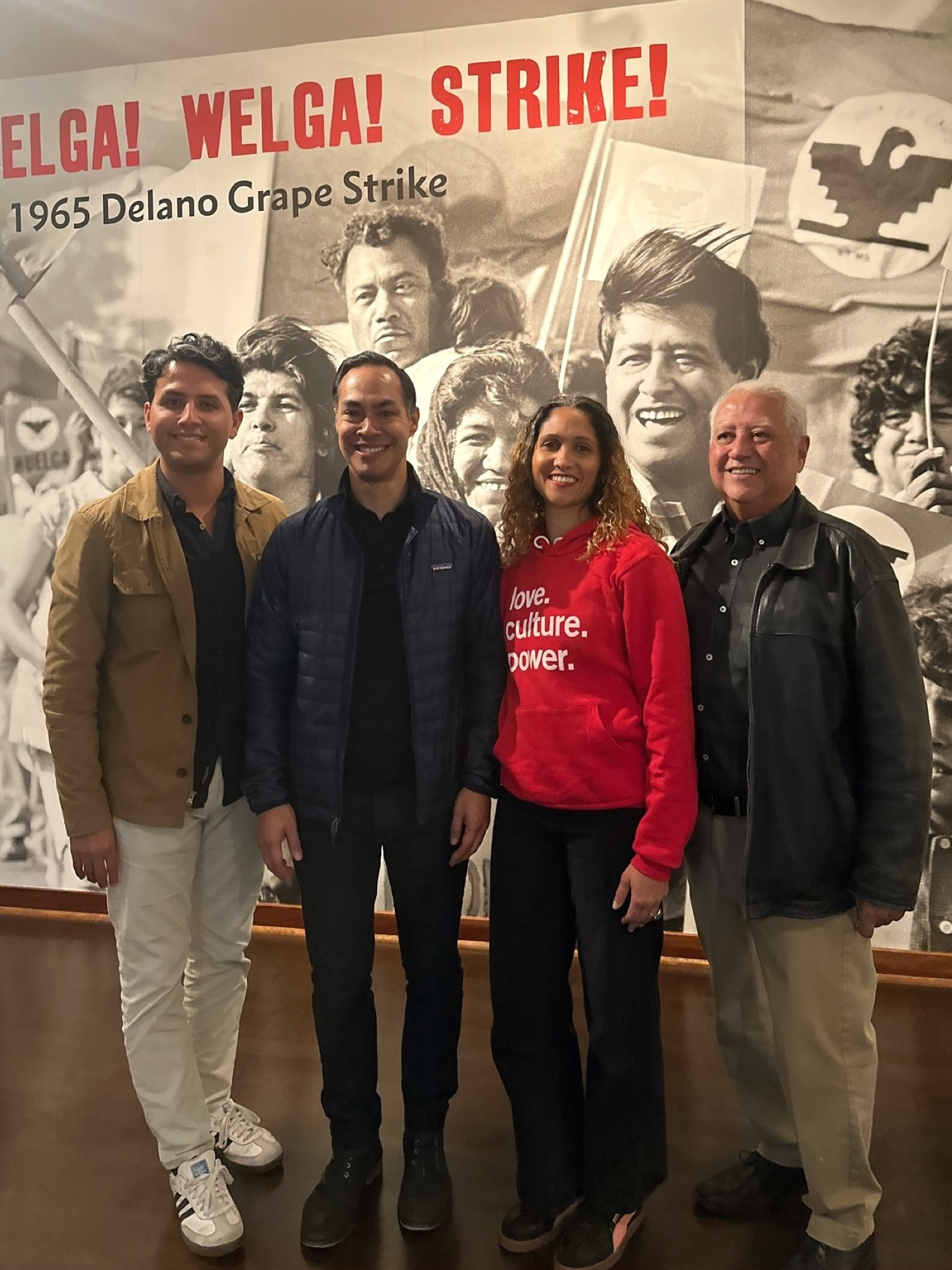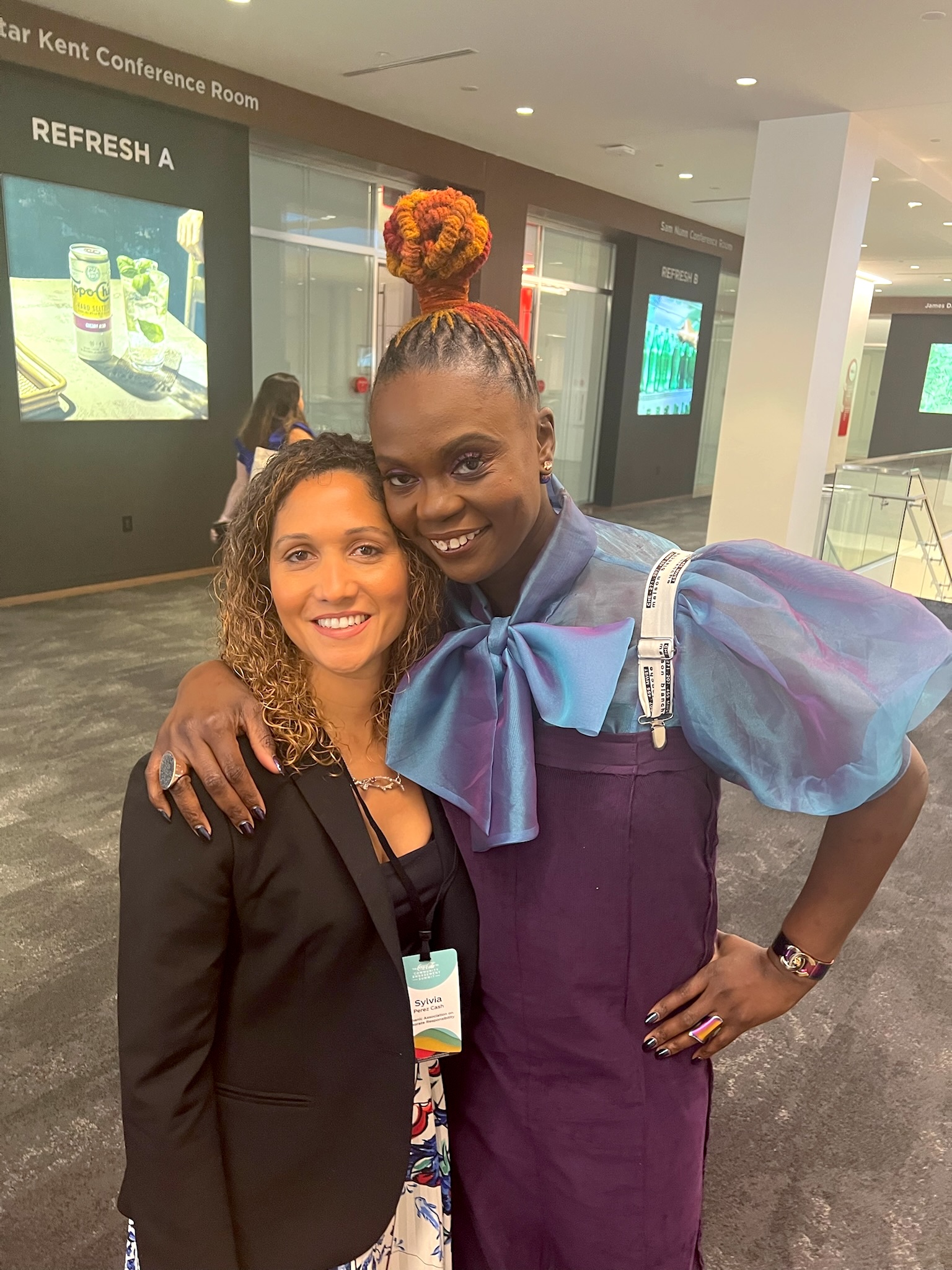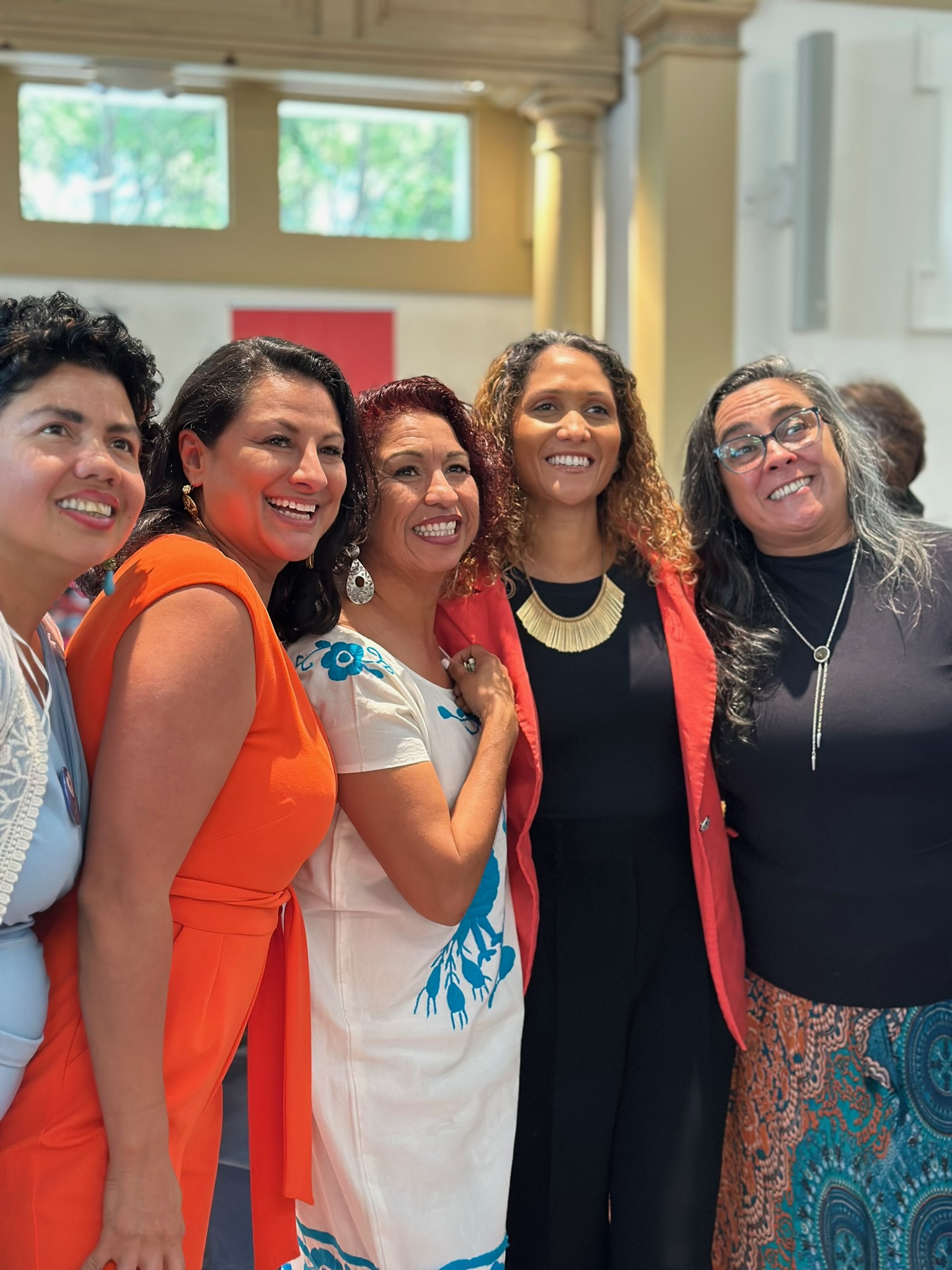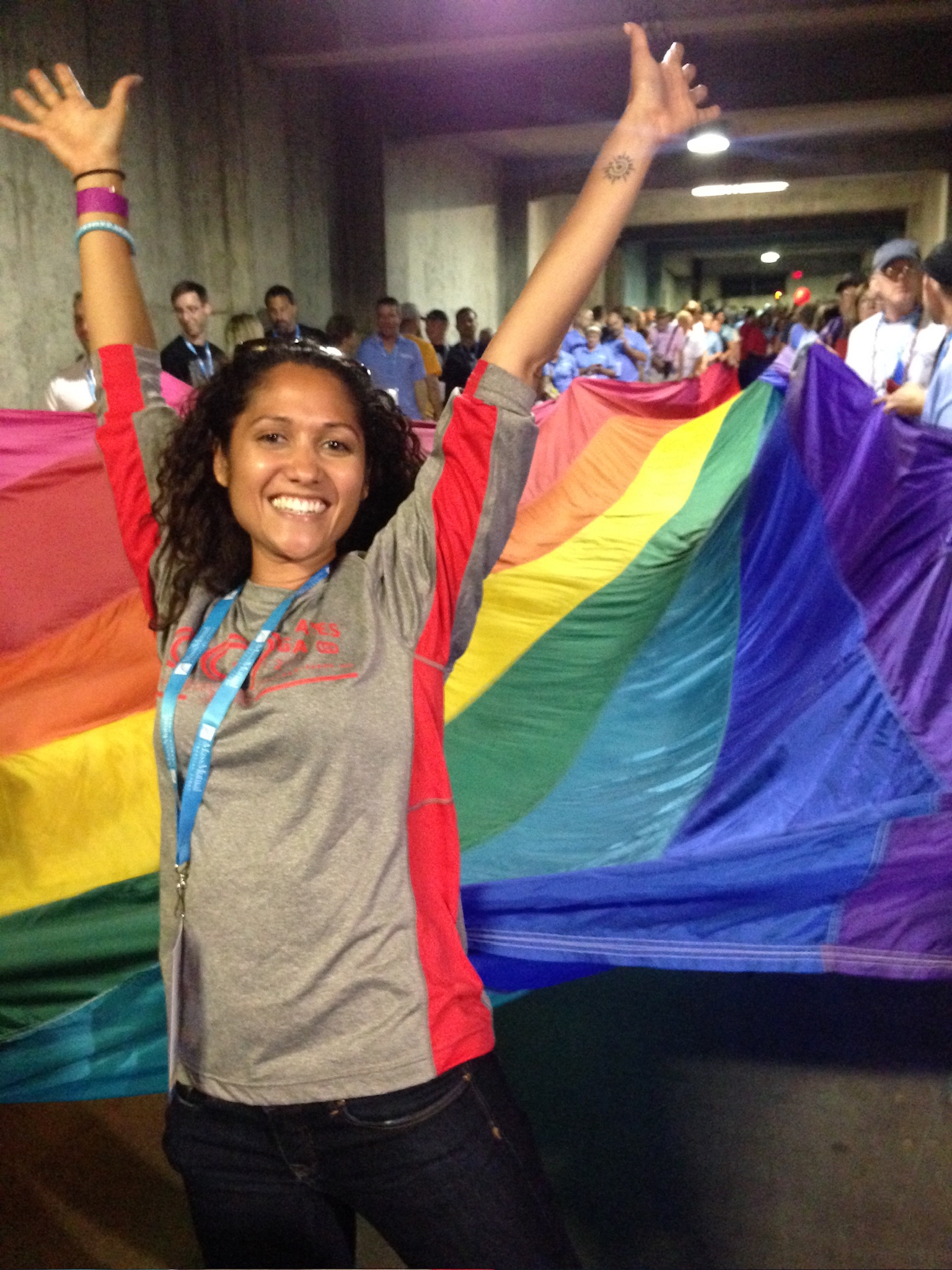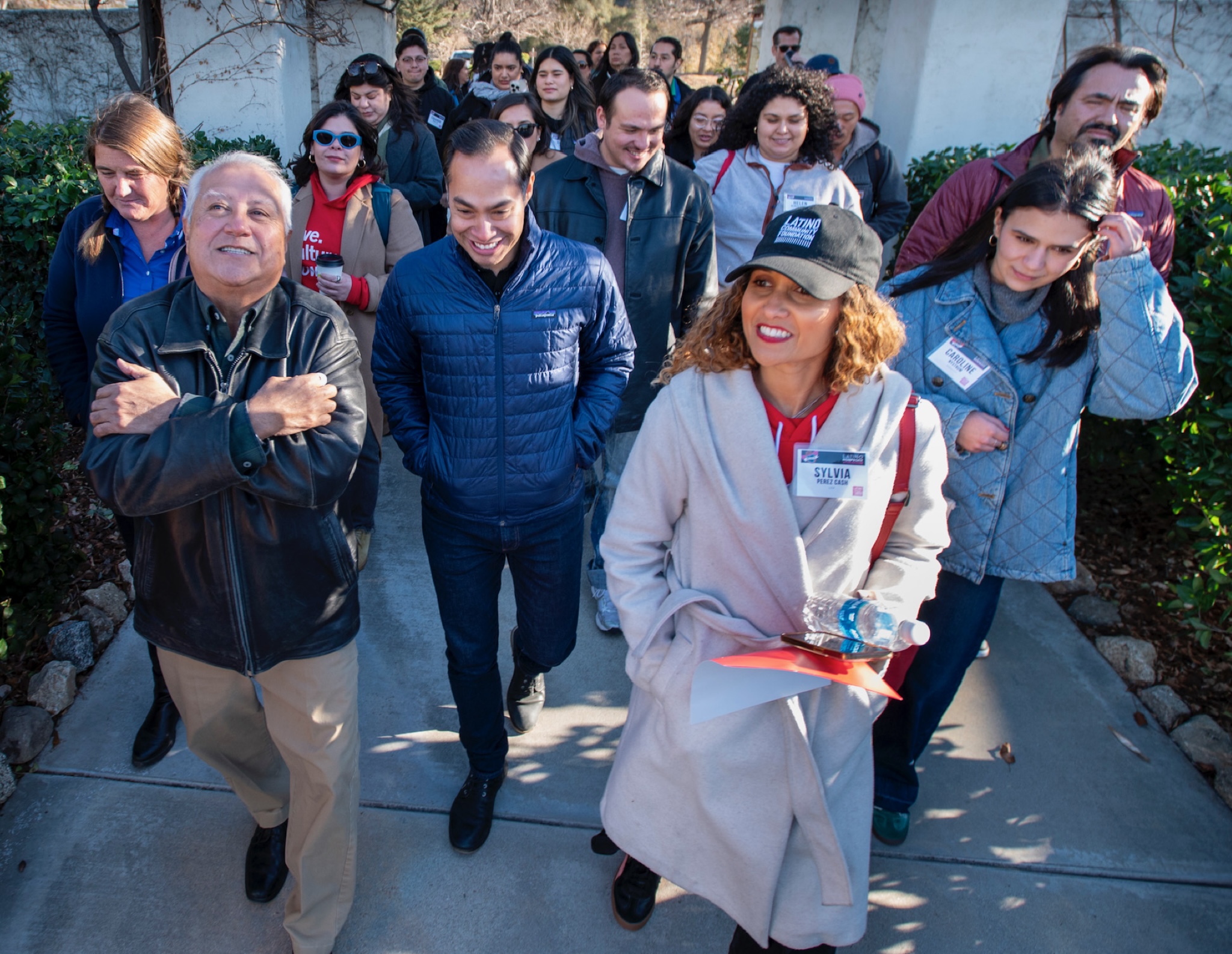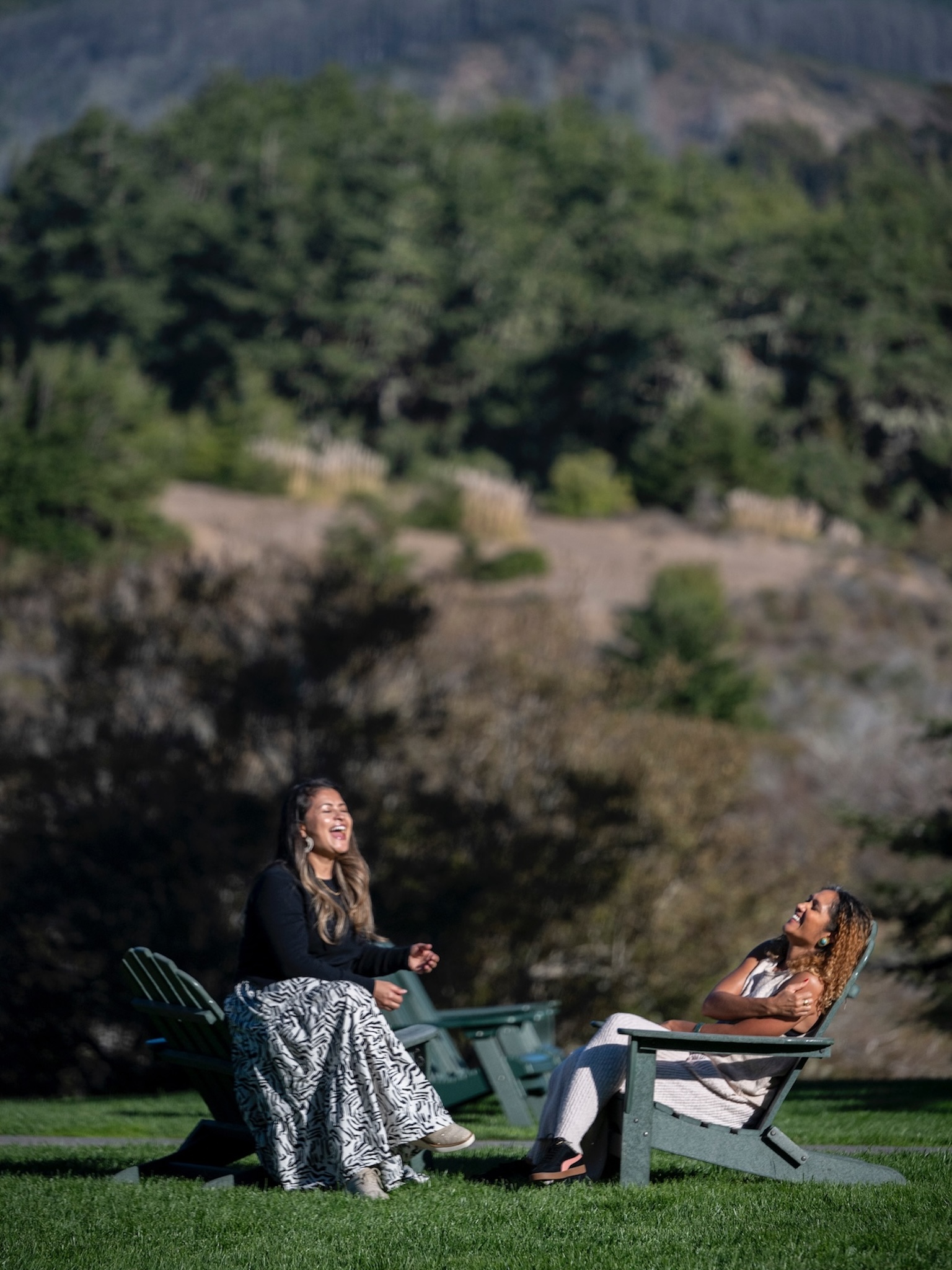My Thoughts on the World
Let’s build what this moment demands.
We are living through a seismic shift—a time when old systems are cracking and new possibilities could break through. For many of us, those systems were never whole to begin with. What have long been cracks—and at times, caverns—for communities of color are now exposed as chasms of systemic inequality affecting us all. The myth of fairness and meritocracy in broken systems is collapsing, and with it comes both reckoning and opportunity.
This moment also calls for vigilance. The progress we’ve made toward a more equitable and just society is not guaranteed. It must be protected—at every level. From the words we use, to the histories we teach, to the policies we fight for. There is power in truth-telling. In naming the full complexity of our country’s story: the violence and displacement, the exclusion and erasure—but also the creativity, resistance, and joy that have endured, unextinguished despite centuries of systemic oppression.
We must also center our shared humanity as the thread that binds us—and protect it fiercely. Dehumanization has long been used to justify inequity, to rationalize exclusion, and to uphold systems that deny the dignity of others. When institutions forget the people they are meant to serve, when policies are designed without regard for lived experience, we risk reinforcing a cycle of harm. Equity work demands more than fairness—it demands recognition of one another’s full humanity.
I believe both movements and institutions are essential to this moment. We need the brilliance, boldness, and truth-telling of community organizers to push systems to reckon with injustice. And we need structure, strategy, and discipline within institutions to sustain and implement meaningful change.
I’ve chosen to work within institutions—not because they are perfect, but because they are movable. I’ve seen what’s possible when organizations lead with intention and purpose. From standing up a community police commission in the wake of a federal consent decree in Cleveland, to guiding F500 companies through tools to measure DEI impact on Hispanic communities, I’ve worked to make sure institutions not only hear the calls of community—but are prepared to respond with transparency, accountability, and action.
Institutional transformation is often slower, more technical, and invisible—but it is essential. Equity doesn’t scale without infrastructure. And justice doesn’t stick without design.
I’ve learned that the people closest to the problems are also closest to the solutions. My role is to ensure the systems we build are ready to follow their lead, hold their vision, and deliver lasting change.
I believe we must be brave. That we must raise our voices even louder and hold our ground more firmly than ever before.
As Dolores Huerta reminds us, “In the darkest moments is when the most transformative changes can occur.” This is one of those moments—and transformation will require every tool we have, and every ounce of courage we can summon.
The progress we’ve made toward a more equitable and just society is not guaranteed. It must be protected—at every level.
